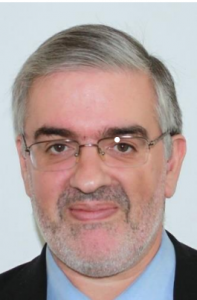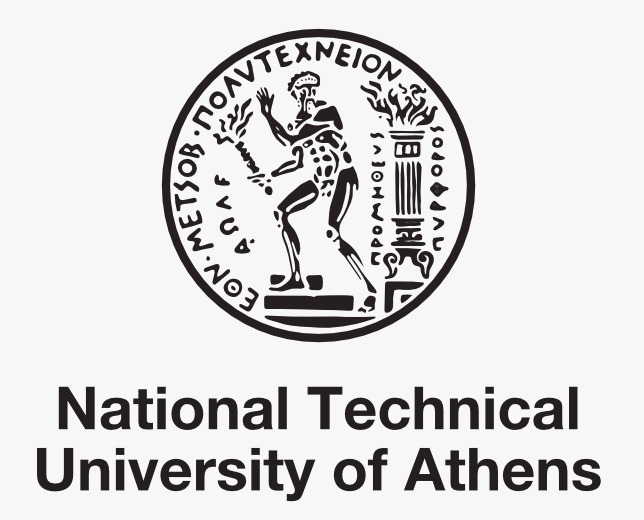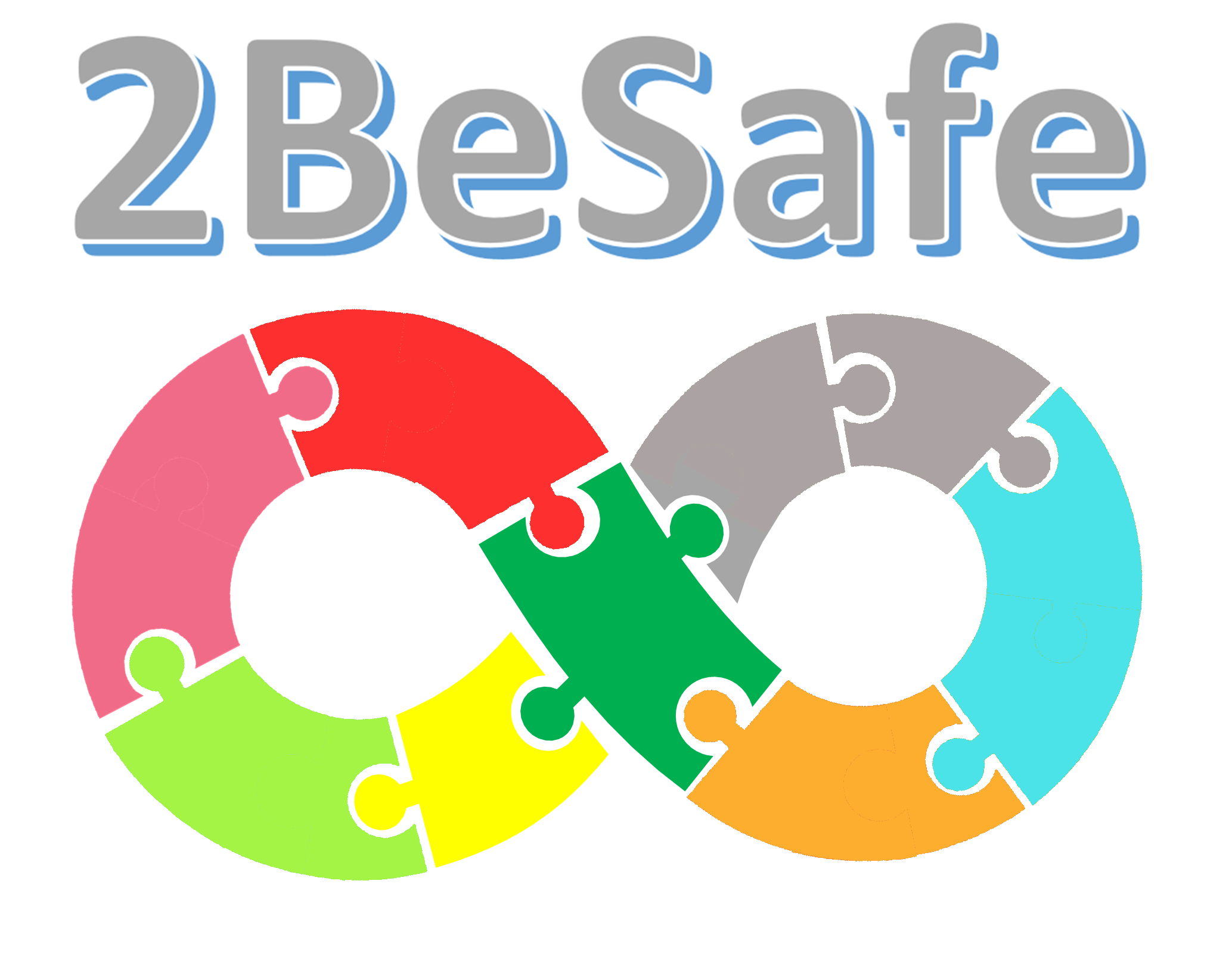

Sign up at the link.
Live stream of the workshop will be available here:
Associate Professor Dimitrios Vamvatsikos will visit Zagreb at the end of November 2023. Prof. Dimitrios will give a lecture on “Earthquakes, accidents, collapses, and three little pigs: How is safety defined in the era of the Eurocodes?” on 28.1 1. 2023, starting at 19:30, in the lecture hall VP at the Faculty of Mining, Geology and Petroleum Engineering, Pierottijeva 6, p.p. 390. One of the main objectives of 2BESAFE project is to develop new fragility and vulnerability models for typical buildings in urban areas. For this goal, definition of safety in buildings is crucial. We are therefore very grateful to host prof. Vamvatsikos and we look forward to attending his lecture.
Title: Earthquakes, accidents, collapses, and three little pigs: How is safety defined in the era of the Eurocodes?
Description:
A civil engineering project is a difficult battle with nature. We are fighting against uncertain loads, big bad wolfs, materials, and ageing under changing climatic conditions, using imperfect analysis/modeling tools, and under severe financial, operational and architectural constraints. Our staunchest ally in this endeavor seems to be the design code that offers some standardization to the design process and essentially represents a social contract on what constitutes an acceptable structure. At the same time, though, the design code may also obscure some fundamental principles that one seems to apply when making everyday financial decisions, like buying a car, a smartphone or a computer, but not necessarily when building vastly more expensive infrastructure (ports, bridges, pipelines, etc.). In a market saturated with competing consumer products that cater to every user need and purse size, it seems that very few structural solutions are made available to a risk-conscious future building owner. Furthermore, as two out of three little pigs learned once upon a time, there do exist cracks in the code through which even a well-meaning engineer may fall, severely underdelivering on his contracts. In the course of the presentation we shall argue the case for designing to cater to a user’s needs, going beyond the structural code to achieve sui generis structures with the required performance and having well-informed engineers to safeguard little pigs from further disasters.
Associate Professor Dimitrios Vamvatsikos, short biography:
Associate Professor Dimitrios Vamvatsikos studied at the National Technical University of Athens (Diploma, 1997) and at Stanford University (MSc 1998, PhD 2002). From 2005 to 2010 he served as Lecturer and Assistant Professor at the Department of Civil & Environmental Engineering, University of Cyprus. Since 2011 he has joined the Institute of Steel Structures at the National Technical University of Athens, where he specializes on integrating structural modeling, computational techniques, probabilistic concepts and experimental results into a coherent framework for the performance and risk assessment of structures and infrastructure under natural or man-made hazards. His seminal work in risk assessment via Incremental Dynamic Analysis has received wide attention, placing him among the top cited civil engineers worldwide. He has co-operated with leading structural engineering firms (ARUP, Halcrow/CH2M/Jacobs), the oil & gas industry (Shell, ExxonMobil), catastrophe risk modelers (AIR Worldwide, RED SPA), the World Bank, the Global Earthquake Model (GEM) Foundation, and the insurance/reinsurance industry (AXA Insurance). He has worked on the development and evolution of guidelines and standards for USA (FEMA P-440A, ATC-120, NIST-GCR-10-917-9) and EU (EN1998-4:2020), while his research group enjoys strong ties with US and EU institutions that lead the research in risk and resilience assessment under natural hazards.
Sign up at the following link: http://projects.grad.hr/seminario/online

6. November 2023.
Members of the research group attended the 9th International Conference on Computational Methods in Structural Dynamics and Earthquake Engineering (12-14 June 2023, Athens, Greece)

